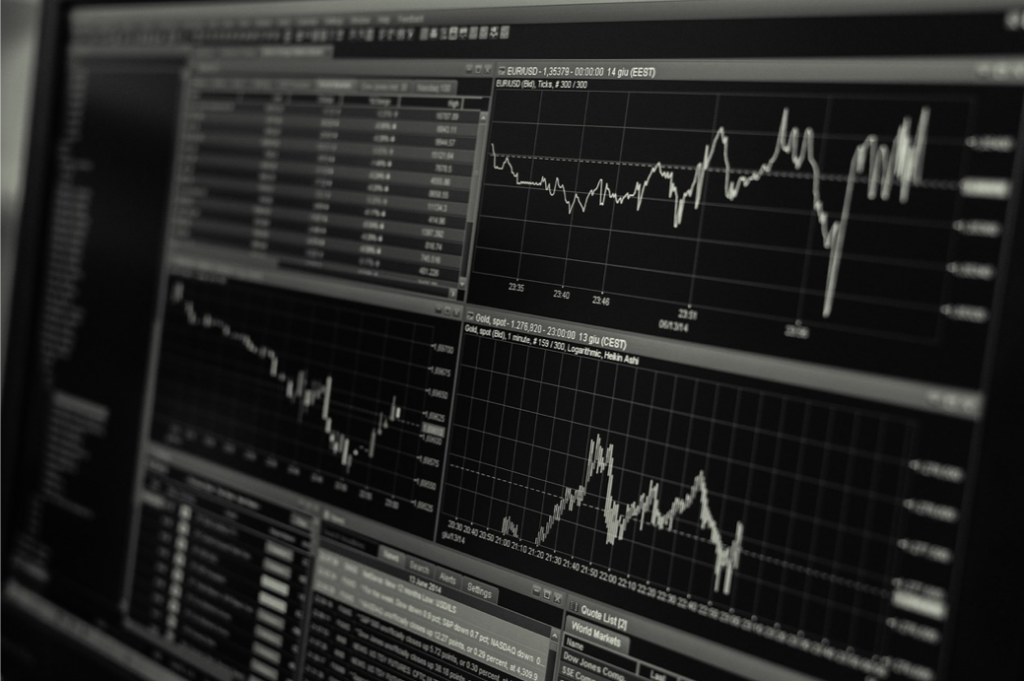
Do you fancy taking a stab at the foreign currency exchange market? Maybe you are looking to develop your own finance business into new niches, or maybe you are just looking for a better understanding of what that guy in the exchange office across the street is all about. On that note, you may want to read this article to get a basic insight into exchange offices in general. Whichever the case, we compiled a brief look at the forex world to help you get a good grasp of it fairly quickly. Take a look!
What is Forex anyway?
This is the “place” (though not an actual physical location) where people and institutions trade currencies. Maybe it can be easier to understand if you think of it as the very process of exchange – the sort of “virtual financial space” where a US tourist’s dollars get transformed into Egyptian pounds so that he can go and enjoy a tour of the pyramids, for example.
When you consider the amount of these transformations that people around the world need every day, for all the various reasons and in all the varying amounts of money, it is small wonder that the forex market is the single most liquid, most gigantic market in existence – even the infamous world of stock trading is a dwarf in comparison. What makes it unique is that it has no centralized marketplace where you can go to do your business.
Forex transactions only ever happen electronically, meaning that the market itself is located not in the tangible world, but in the global computer network that links together gazillions of traders all around the planet. On global average, the market is “open” five and a half days of the week, and available twenty-four hours each day.
Due to the locations of the major financial centers (Hing Kong, Singapore, London, Sydney, Zurich, Paris, Tokyo, Frankfurt, and NYC) this market spans across nearly every time zone. As a consequence, it sees insane activity rates and constantly changing price quotes at any given moment. To get a handle on these changes, you can use various Trading Review services which offer comprehensible guides into the market.

What is the Forex spot market?
This is the aspect of the forex market that most everyday, non-expert, non-business-entity users interact with when they exchange their money. The spot market is the “place” where you buy and sell your currencies according to the current prices, which are determined by supply and demand.
These current prices are formed on many factors, including local economic performance, current interest rates of banks, local and international political sentiments, and predictions of how one currency will perform against another in the foreseeable future.
When you complete a transaction in this context, it is called “a spot deal”: two parties act according to an agreed-upon exchange rate value, where one party delivers the appropriate specified amount of currency and receives the value equivalent of another currency in return. This is what happens every time you visit your corner exchange office when the bills come rolling in. keep in mind, though, that even though the spot market “deals in the present”, it actually takes two days for these transactions to settle. For a more in-depth look into how foreign exchange trading works, check out this web page: https://www.thebalance.com/how-does-foreign-exchange-trading-work-1345162
The forwards and futures markets
These can be seen as the temporal complements to the spot market, and interestingly, they actually do not trade currencies. Rather, they deal in contracts, regarding future dates for settlement, claims to certain currencies and currency types, and specific prices per units.
In the forwards market, these contracts are bought and sold between two parties “over the counter”, and the parties determine all the terms of their agreement between themselves. In the futures market, contracts are traded off based on standard sizes and settlement dates, not between individual parties, but on public commodities markets.
Future contracts specify delivery and settlement dates, number of units traded, and non-negotiable minimum prices. The exchange itself provides settlement and clearance, acting as a counterpart to the individual trader.
Both types of contracts are binding, fluctuations risk-safe, and have expiry dates, and once they expire, they are typically settled for cash.
